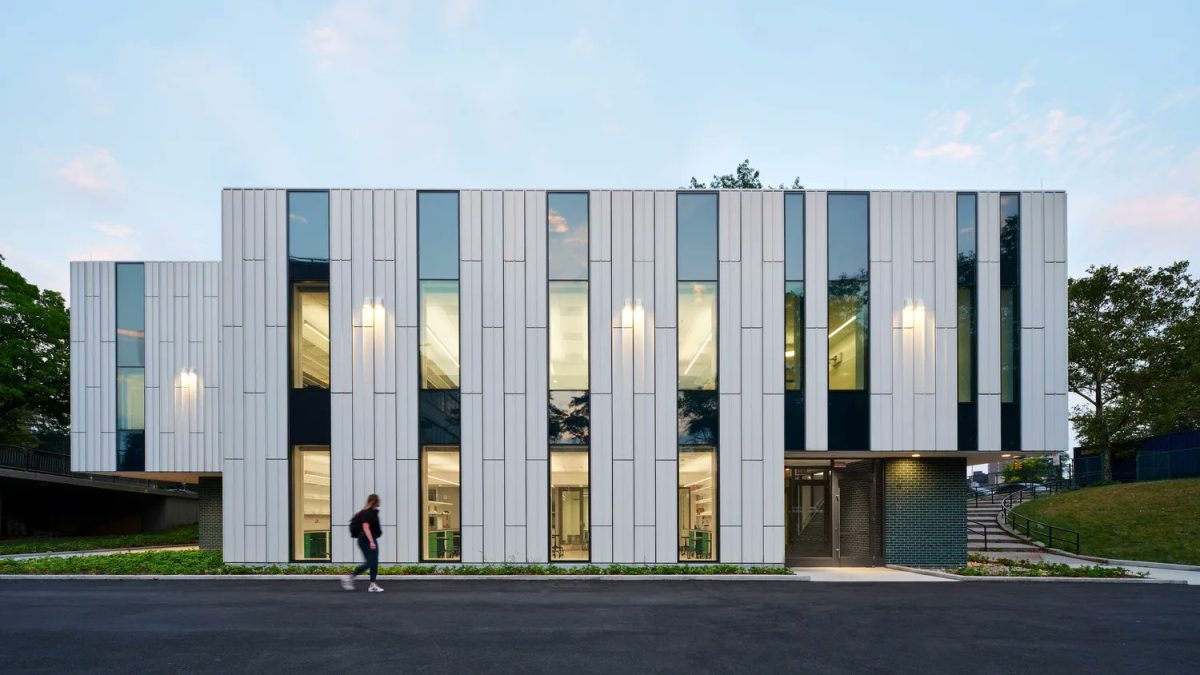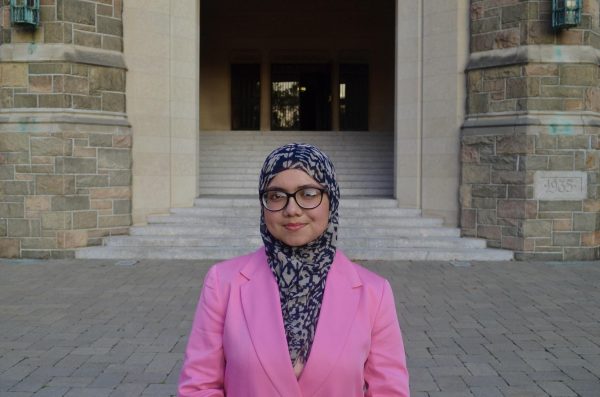In 2019, former New York City Mayor Bill DeBlasio and school Chancellor Richard A. Carranza added a change to the high school admissions process, getting rid of extra application rounds, and keeping only one in place. It was the year I applied to high schools, and my mother attended one of my middle school’s information sessions where the school counselor showed parents how to create an application since it was something new for everyone to learn.
Having gone to NYC public schools for elementary, middle and high school, I know that there is a lot to say about the Department of Education (DOE). Elementary and middle schools can be brushed off in terms of quality, but things get more serious when applying to high school. The school that you end up going to will have a lasting impact on the next four years; things like resources provided to students and college readiness are fully dependent on that choice.
The high school application process has been changed repeatedly throughout the years, with an update in 2022 being made by city schools Chancellor David Banks, regarding the underrepresentation of Black and Hispanic students in more selective NYC schools despite making up the majority of the public school population. The change indicated a shift back to the pre-pandemic pattern of prioritizing grades rather than having a lottery system with a more general range of students academically. Banks tightened grade point average requirements from an 85 to a 90 at minimum, as well as including a ranking system where students in the top 15% of their class get priority.
While Banks’ decision faced criticism, it also ended up failing in his mission to bring more equity to schools. While it’s great to try bringing the academic standard back up to pre-COVID-19 levels, students won’t start changing their academic habits on their own — no one struggles by choice. It all relates back to the fact that NYC schools are given much less funding than what is needed to provide opportunities for all economically disadvantaged students who have the untapped potential to achieve more.
In addition to “regular” public high schools, NYC also has nine specialized public high schools, eight of them requiring the infamous Specialized High School Admissions Test (SHSAT). A common topic of discussion is whether or not there should be schools that are labeled as specialized. As a graduate of The Bronx High School of Science, I may be a bit biased, but I believe there is no direct issue with having these high schools in place under this label. However, that’s not to say that there aren’t any significant issues with them. The SHSAT has been proof of privilege existing in the city, where students of high-income families receive special tutoring as early as fifth or sixth grade, while lower-income students are usually only told about the SHSAT at the end of seventh grade. According to Chalkbeat, 4,000 students were accepted into specialized high schools out of approximately 26,000 eighth-grade students who took the entrance exam. Only 3% and 6.7% of those offers went to Black and Hispanic students, respectively.
When speaking to my peers here at Fordham who also graduated from specialized high schools, they agree that having specialized high schools is important. Joanne Huang, GSB ’27, attended Brooklyn Technical High School and shared, “I think having more selective schools is a good thing because it creates competition that can bring people to have the ambition to strive for better education. Even if there aren’t so-called ‘specialized high schools,’ there will always be schools that are better than the others because once there is comparison between schools, one of them will come out to be the ‘better’ one.” This leads to the fact that there are other selective public high schools in NYC that aren’t labeled as specialized, but are just as good or even better, a popular example being Townsend Harris High School. Even if there was no explicit title, these schools would still hold a higher standard of education.
Nushana Alam, FCRH ’27 and fellow alumna of The Bronx High School of Science, said that she liked the idea of these high schools since they serve academically and artistically gifted students, however, she also brought light to the fact that the system is far from perfect, “I like the concept of specialized high schools… However, I think [they] sort of lose their meaning and purpose when it comes to actually selecting students to welcome into their school.” Alam’s point about students lacking resources is, in my opinion, NYC schools’ biggest downfall. There are students who can do so much more yet they aren’t given the means to achieve what they can.
The benefit that specialized high school students receive is the support system, even as alumni. Maintaining a higher standard allows graduates to go far in life, enabling them to come back and donate to the school to further aid current students, but this is not true for all NYC public schools. Despite the benefits of specialized schools, it all circles back to the fact that the DOE needs to step up and truly monitor the falling standard of academic performance in all public schools. A student cannot go beyond the low boundaries that have been set around them since elementary school. Huang ended her thoughts, by saying, “Some schools might have students that just don’t have the same given opportunities. When schools are deemed ‘better’ I think it’s just society in general putting schools on a scale.”
Haniyyah Usmani, FCRH ’27 is undecided from The Bronx.










































































































































































































